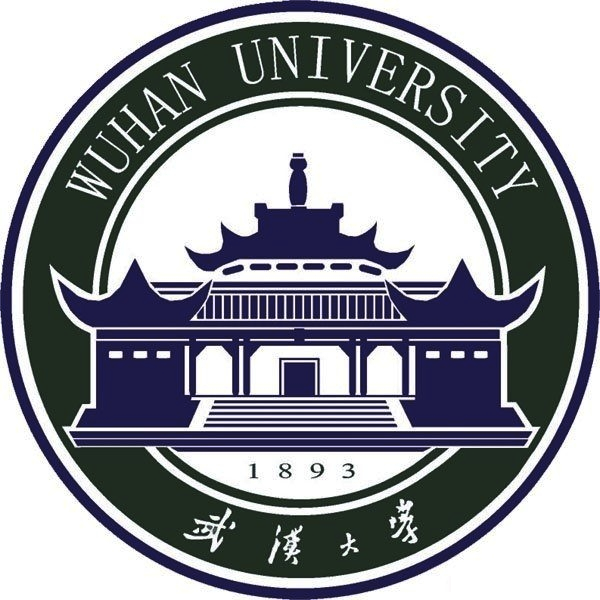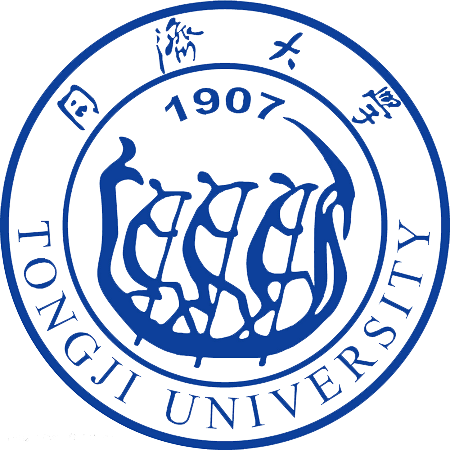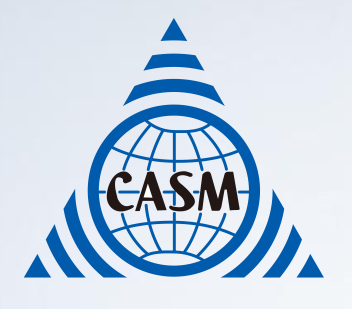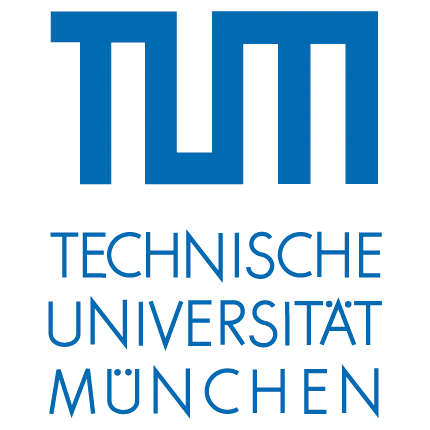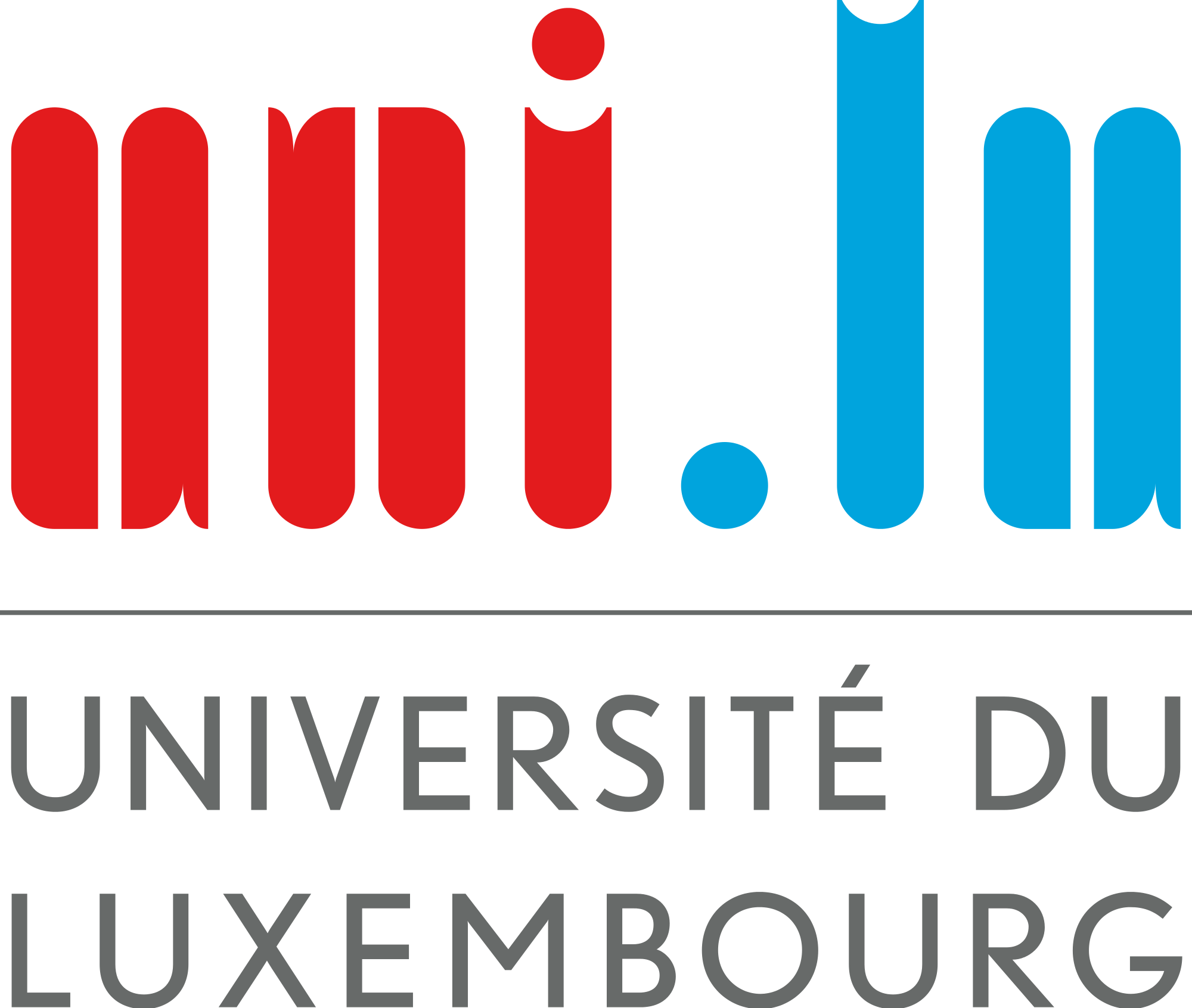Modern Geodetic Space Techniques for Global Change Monitoring

Introduction
The Thematic Network for Modern Geodetic Space Techniques for Global Change Monitoring, coordinated by the University of Stuttgart, is an international network consisting of six universities and research institutions, to found a platform of exchange in study and research.
The project is funded within the “Strategic Partnership and Thematic Networks” Funding Scheme of the German Academic Exchange Service (DAAD) for the duration of three years (2015‐2018).
The University of Stuttgart and Wuhan University, China, look back on a two-decade history of collaboration, both in teaching and in research. By establishing the Thematic Network, this partnership extends to a veritable network with four more partners in China and in Europe.
- University of Stuttgart, Germany
- Wuhan University, Wuhan, China
- Tongji University, Shanghai, China
- Deutsches Geodätisches Forschungsinstitut, Technical University Munich, Germany
- University of Luxembourg, Luxembourg
- Chinese Academy of Surveying and Mapping, Beijing, China
Notable examples are:
- sea-level rise, from satellite altimetry
- melting of the Greenland and West-Antarctica ice sheets, from spaceborne gravimetry
- tectonic deformations of the Earth's crust, from global networks of GPS stations
Two objectives will be achieved by the proposed measures.
- In the education sector, both students (at all levels) and teachers enjoy increased international exchange options to and from Stuttgart.
- In research, the network acts as a platform for more intense collaboration and for new joint projects.
Both objectives support the internationalization strategy of the University of Stuttgart aiming at improving the quality of teaching and research and have already reached to great success in Joint Reasearch Projects, Scholarships and Reasearch Stays, Network Meetings and Delegation Visits and furthermore in Workshops and the first Summer School. In fruitful cooperation the Thematic Network is achieving remarkable Publications.
Current status and strategy
Current research status
- Global Geodetic Observing System - monitoring and modelling the components of Earth’s system by space geodetic techniques
Strategy
- Extension of the existing Stuttgart–Wuhan partnership to a veritable network with five more partners in China and in Europe
- Taking the aggregated network’s expertise in spaceborne geodetic technology, in satellite data analysis and in monitoring and modeling of global change phenomena as the disciplinary basis of the proposed Thematic Network
Project goals and measures
Project goals
- Exchange of scientists, both senior and young postdoctoral fellows, for purposes of joint research in the domain of global change monitoring using modern geodetic techniques
- Exchange of students and teachers for academic education purposes
- Supporting the internationalization strategy of the University of Stuttgart aiming at improving the quality of teaching and research
- Establishment of the planned competence center “University of Stuttgart Global Change Monitoring Centre”
- Proposing DFG-funded “SFB international” and “International Research Training Groups” in the longer term
Measures
- Network meetings, short visits of university personnel
- Longer visits of university personnel
- Study and research visits for students and junior researchers
- Workshops and summer schools
- Conference participation
- Other exchange programs and joint research projects




